MercoPress. South Atlantic News Agency
Latin America
-
Wednesday, July 20th 2011 - 07:01 UTC
Chile’s tsunami victims protest violently demanding government honours aid promises
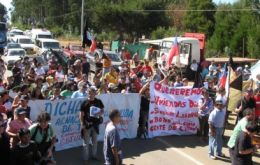
Residents of Dichato, Chile, capped off a week of demonstrations with violent protests to demand the government revamp assistance efforts for victims of the tsunami that devastated the area in February 2010.
-
Wednesday, July 20th 2011 - 06:47 UTC
Punta Arenas supply route cut by snow storms; some food shortages feared
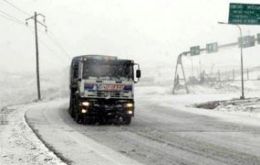
Many trucks loaded with perishables and other food products heading for Punta Arenas extreme south of Chile are stranded in border crossings with Argentina blocked by the snow that has accumulated during the last storms.
-
Wednesday, July 20th 2011 - 06:39 UTC
Beware winter travellers: Chile’s airline overbooking “is permitted and habitual practice”

If you’re planning to take a flight around Chile this winter, you may want to get to the airport early. Otherwise, you may discover that the airline overbooked your flight and there are no seats left.
-
Tuesday, July 19th 2011 - 23:22 UTC
Chavez will run for re-election next year, despite cancer: “there’s no Plan B”
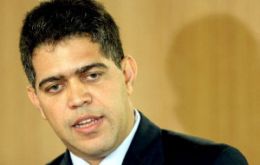
Venezuelan leader Hugo Chavez will run for re-election next year despite his struggle with cancer said Finance Minister Jorge Giordani who underlined there’s no Plan B. Giordani’s statement came as the populist leader is in Cuba undergoing chemotherapy and twitted to his compatriots his “insurmountable optimism”.
-
Tuesday, July 19th 2011 - 23:18 UTC
End of story: family confirms Chile’s former leader Allende committed suicide in 1973
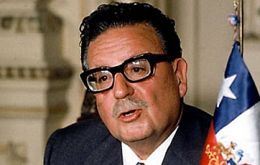
Experts examining the remains of former Chilean leader Salvador Allende ruled out murder in the Marxist president's 1973 death, concluding that he committed suicide as soldiers involved in a coup burst into the presidential palace, the late leader's daughter said Tuesday.
-
Tuesday, July 19th 2011 - 17:20 UTC
New alternative route to Antarctica in Chile to cut fuel and sailing hours
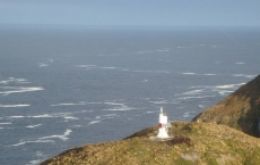
A new alternative commercial route to Antarctica from the Chilean city of Punta Arenas avoiding the Beagle Channel and saving several hours sailing has been opened by the Chilean navy with the establishment of a state of the art lighthouse.
-
Tuesday, July 19th 2011 - 13:12 UTC
Chile debates how to avoid repeat of the deadly ISA that devastated the salmon industry
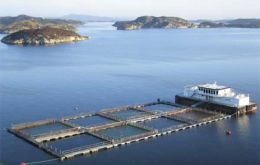
Fear of yet another outbreak of Infectious Salmon Anaemia (ISA) — an infectious viral disease found in Atlantic salmon — has sparked new debate in Chile’s salmon industry about what kind of regulatory safeguards are most needed.
-
Tuesday, July 19th 2011 - 04:56 UTC
Organized crime and authoritarian rulers, main threat for journalists in the Americas

Organized crime and authoritarian governments have become the main enemies for freedom of expression in the Americas said Gonzalo Marroquin, president of the Inter American Press Association.
-
Tuesday, July 19th 2011 - 01:26 UTC
Chilean rescued miners file 16 million dollars compensation lawsuit
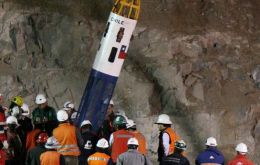
Thirty-one of the 33 Chilean miners rescued last year from the bottom of the San José mine filed a lawsuit late last week against the government agency that was supposed to have monitored the safety of the mine. The 33 miners were miraculously rescues after surviving nearly two months underground.
-
Tuesday, July 19th 2011 - 01:09 UTC
Chilean president Piñera reshuffles cabinet to overcome plummeting approval figures

Chilean President Sebastian Piñera performed a major shake up on his cabinet Monday, reshuffling several key ministers amid plummeting approval figures. Piñera approval rating recently fell to a low at 31% in part to due ongoing protests as students seek broad reforms to the nation's education system.
